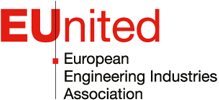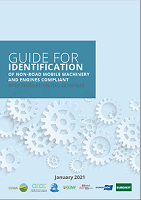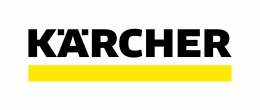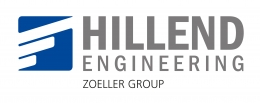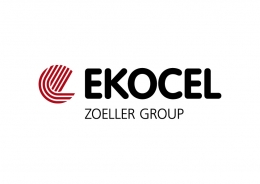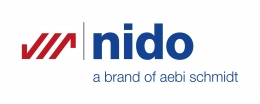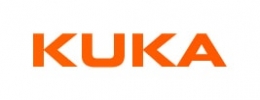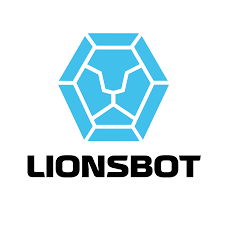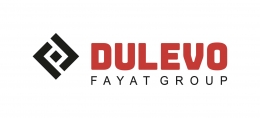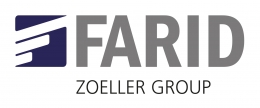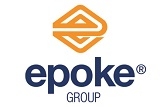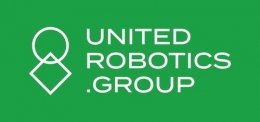Robotics News

June 2018
EU to set up expert groups on AI and new technologies
The European Commission is currently setting up a series of expert groups and committes to get expert input on Artificial intelligence, new and emerging technologies as well as the impact on digital transformation of the labour market.
Representatives of the European Robotics Industry are invited to contribute to the European AI Alliance.
European AI Alliance
European Commission calls for experts to participate in the European AI Alliance - a broad stakeholder engagement framework engaged in a broad and open discussion of all aspects of Artificial Intelligence development and its impacts.
Members of the European AI Alliance can actively contribute to the discussion on the future of artificial intelligence in Europe and can interact with the experts of the High Level Group on Artificial Intelligence (AI HLG - find out more below) in a forum-style setting.
Members will find a dedicated platform where they can offer input and feedback to the AI HLG. The AI HLG will be able to draw on this input when preparing its draft AI Ethics Guidelines and completing its other work. Moreover, the discussions hosted on the platform will directly contribute to the European debate on AI, and will feed in to the European Commission's policy-making in this area.
The European AI Alliance is hosted on the European Commission's Futurium platform. Find out more about the platform and how to register at https://ec.europa.eu/digital-single-market/en/european-ai-alliance.
For any other question you may have in relation to the European AI Alliance, please contact CNECT-HLG-AI@ec.europa.eu.
High-Level Group on Artificial Intelligence
A High-Level Expert Group on Artificial Intelligence (AI HLG) has been formed with the general objective to support the implementation of the European strategy on AI.
This will include the elaboration of recommendations on future AI-related policy development and on ethical, legal and societal issues related to AI, including socio-economic challenges.
Moreover, the AI HLG will serve as the steering group for the European AI Alliance's work, interact with other initiatives, help stimulate a multi-stakeholder dialogue, gather participants' views and reflect them in its analysis and reports.
In particular, the group will be tasked to:
- Advise the Commission on next steps addressing AI-related mid to long-term challenges and opportunities through recommendations which will feed into the policy development process, the legislative evaluation process and the development of a next-generation digital strategy.
- Propose to the Commission draft AI ethics guidelines, covering issues such as fairness, safety, transparency, the future of work, democracy and more broadly the impact on the application of the Charter of Fundamental Rights, including privacy and personal data protection, dignity, consumer protection and non-discrimination
- Support the Commission on further engagement and outreach mechanisms to interact with a broader set of stakeholders in the context of the AI Alliance, share information and gather their input on the group's and the Commission's work.
https://ec.europa.eu/digital-single-market/en/high-level-group-artificial-intelligence
Expert Group on liability and new technologies
In May 2018, the EC also appointed members for an expert group on liability and new technologies. Scope of this group is to provide the Commission with expertise on the applicability of the Product Liability Directive to traditional products, new technologies and new societal challenges (Product Liability Directive formation) and assist the Commission in developing principles that can serve as guidelines for possible adaptations of applicable laws at EU and national level relating to new technologies (New Technologies formation).
The expert group consists of two subgroups: Product Liability Directive (PLD) formation and New Technologies formation.
EUnited will be represented in the PLD formation through its Executive Director Jethro Schiansky.
High-level expert group on the impact of the digital transformation on EU labour markets
The European Commission has set up an high-level expert group on the impact of the digital transformation on EU labour markets, to analyse and advise the Commission on the impact of the digital transformation on EU labour markets and explore policy options. The HLG is expected to produce a report, with policy recommendations, by early 2019. Professor Maarten Goos from Utrecht University School of Economics has accepted to be the Chair of this High-Level Group.
The tasks of the group shall be to analyse and advise the Commission on the impact of the digital transformation on EU labour markets and explore policy options, including:
- Analysis of how to shape the transformation and what framework conditions to be put in place to make it smooth and human-centric;
- Identification of the potential social impacts (risks and opportunities) of digitalisation, in particular the large-scale application of artificial intelligence, and the expected job losses and gains;
- Developing responses to the impact digitalisation has on skills requirements;
- Exploring viable ways to manage digitalisation's impact on labour law and working conditions;
- Identifying ways to use digitalisation (in particular artificial intelligence) to make labour markets more inclusive;
- Assessing the impact of digitalisation on income distribution and existing inequality and ways to respond to it;
- Defining ways to adapt social security systems to ensure a high level of social protection for all forms of employment;
- Evaluating mechanisms to adapt the tax and benefit system to ensure that fair contributions are paid and loopholes are avoided e.g. revision of taxation models;
- Breaking down the potential effects of digitalisation by industry and sector of the economy.
Quicklinks
EUnited AISBL- European Engineering Industries Association,
Industrious Brussels EU District, Avenue des Arts 6-9, 1210 Brussels, Belgium, +32 490 57 57 65
Transparency Register number: 0289344948-82
Industrious Brussels EU District, Avenue des Arts 6-9, 1210 Brussels, Belgium, +32 490 57 57 65
Transparency Register number: 0289344948-82
© 2024 Eunited aisbl, Bruxelles
